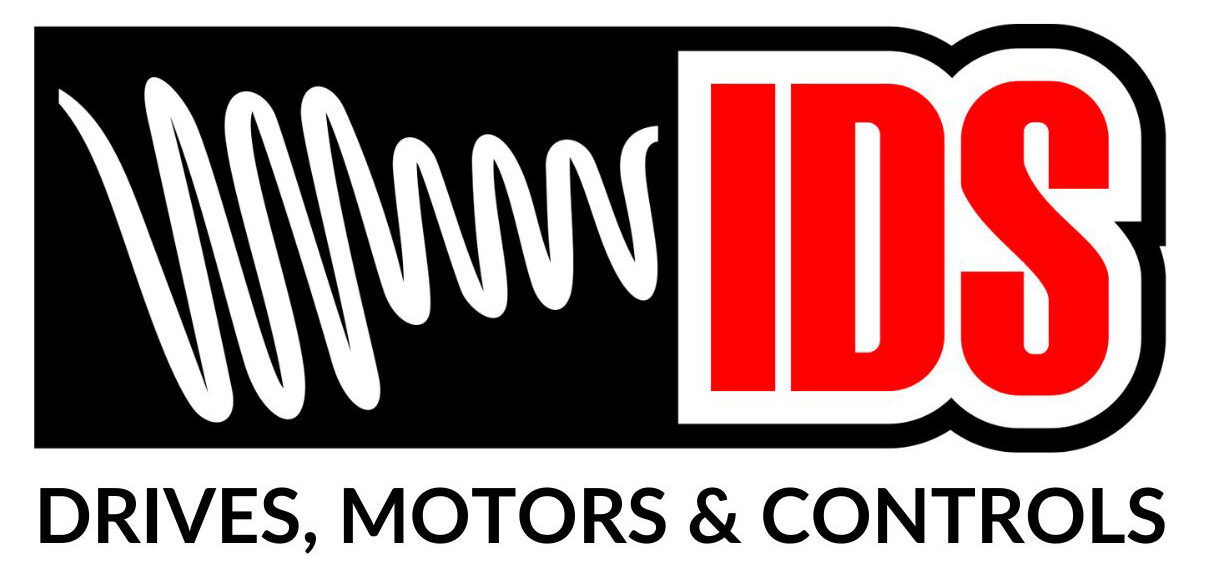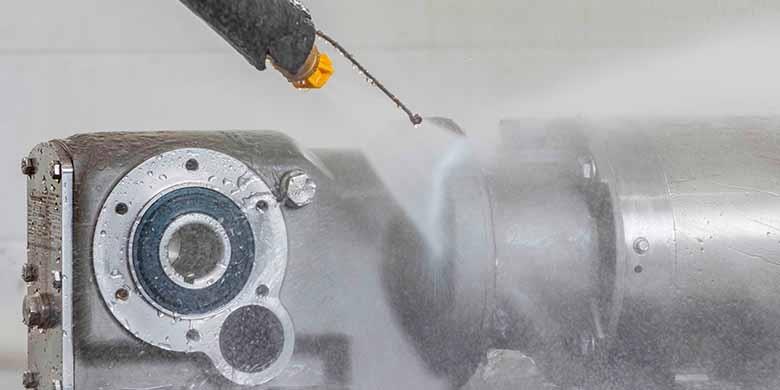Why it’s finally safe for food & bev motors to emerge from their shrouds
Gleaming mixing vessels, vats that shine and preparation benches you could eat off – as a food and beverage manufacturer, you pride yourself on the cleanliness of your operation, says ABB’s Luciano Santos, ABB LV motors food & beverage market manager, UK.
But are there any hidden corners that could be harbouring food particles, acting as a breeding ground for bugs?
A part of the food production process that can get overlooked is the electric motors that are used throughout the modern food and beverage plant to power a huge range of processes, from mills and mixers to conveyors and compressors.
Yet, food spills and splashes inevitably mean that motor components need cleaning just as much as the mixing vats and other production equipment. Washing with high pressure hoses is the usual practice but mixing electricity and water is usually a recipe for disaster. Shrouds can be used to protect motors from washdowns, but these can themselves become a breeding ground for bacteria.
The alternative is to clean motors by hand or dismantle them from their operating position and clean them elsewhere – time consuming and impractical.
Keeping the water away
So what should you look for when searching for a motor that can be safely cleaned in place while not causing you a production headache?
Fortunately, there are motors that can withstand the wet conditions often found in a food plant. These have IP66 protection, but if you can get IP69K, which protects against powerful, high temperature water jets, all the better – it’s essential for effective sealing.
Variable speed drives (VSDs), which are used to regulate the speed of motors and vastly improve energy efficiency (amongst other things) also need protecting from water. While VSDs can be installed some distance away from the motor, think also about using a protective cabinet to protect against washdowns. This will make it much easier to guard against corrosion and contaminants – just remember you’ll still need to seal all possible entry points, such as trunking, glands and cable entry systems.
Protection without shrouds
You could also think about stainless steel motors, which withstand washdown conditions without requiring protective shrouds. Yes, they do cost more than the common cast-iron or aluminium motors, though manufacturers increasingly agree that stainless steel is the only way forward for washdown environments. Stainless steel has superior corrosion resistance and offers faster cleaning. Your motors will also last longer compared to more common types.
Stainless steel motors should also be designed with surfaces that are self-draining – some, such as ABB’s IEC Food Safe motor, have nameplate markings etched directly into the frame to avoid channels and ridges where contaminants can accumulate.
Don’t want to go down the stainless steel route? Is your motor in an area which does not experience high pressure washdowns? The good news is you can still use standard motors. An aluminium motor can be supplied with a glass blasted surface – with no paint to chip off, there is no danger of contamination of food products. Instead, the motor has a smooth surface that is easy to wipe clean.
Balancing the need for hygiene with the need for productivity and reliability is a challenge, but new developments in electric motor technology are helping food production facilities to meet hygiene standards while still achieving maximum uptime.
Want to know how much money you could save by switching to a stainless steel motor? Why not try our calculator?
ABB (ABBN: SIX Swiss Ex) is a pioneering technology leader in power grids, electrification products, industrial automation and robotics and motion, serving customers in utilities, industry and transport & infrastructure globally. Continuing a history of innovation spanning more than 130 years, ABB today is writing the future of industrial digitalization with two clear value propositions: bringing electricity from any power plant to any plug and automating industries from natural resources to finished products. As title partner in ABB Formula E, the fully electric international FIA motorsport class, ABB is pushing the boundaries of e-mobility to contribute to a sustainable future. ABB operates in more than 100 countries with about 147,000 employees.

